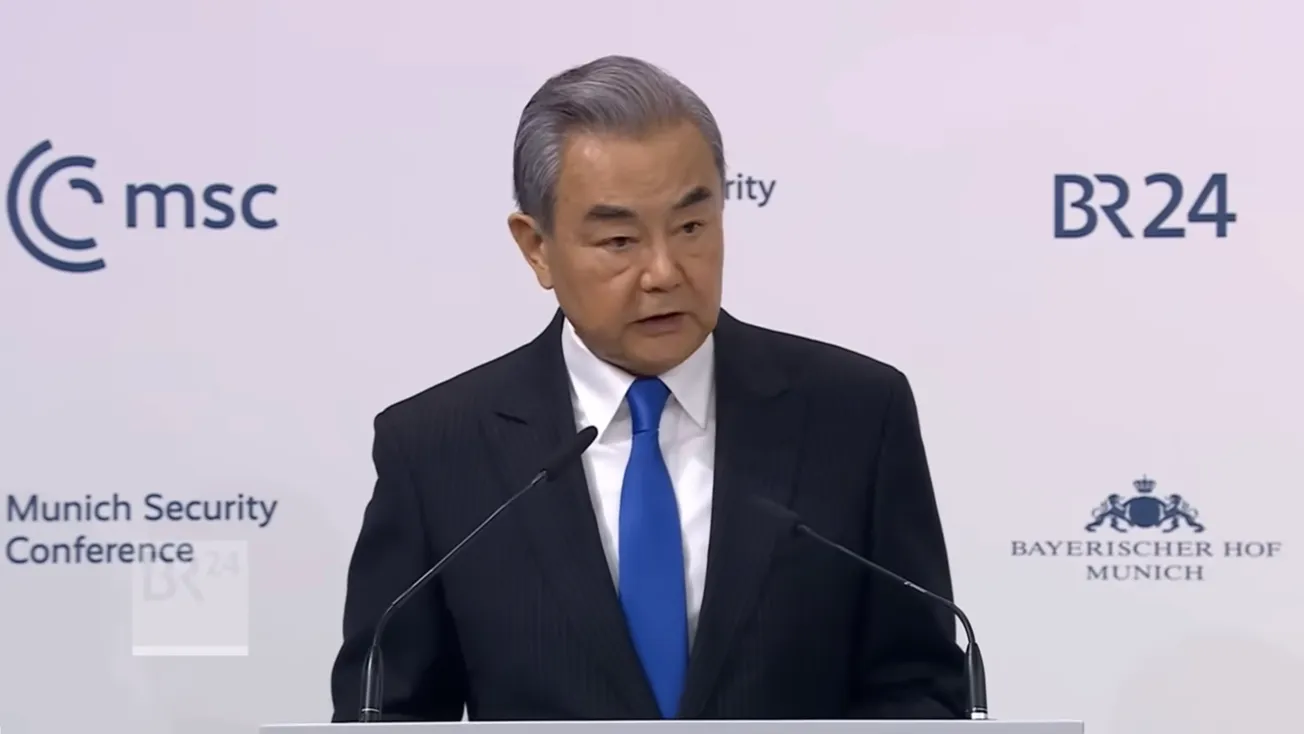Helga Zepp-LaRouche joined CGTN’s “Dialogue” program, hosted by Xu Qingduo. Zepp-LaRouche was part of a panel of experts that reviewed China’s diplomatic initiatives of the past year and discussed thoughts on the shape of Chinese diplomacy in the coming year. Zepp-LaRouche was joined by Zhao Hai, director of International Political Studies at the National Institute for Global Strategy at the Chinese Academy of Social Sciences, and Harvey Dzodin, Senior Fellow at the Center for China and Globalization.
Xu Quinduo opened the dialogue by referencing the major speech at the “Symposium on the International Situation and China’s Foreign Relations” delivered on Dec. 25 by China’s Foreign Minister, Wang Yi, and began the program by asking for Zepp-LaRouche’s evaluation of China’s diplomatic initiatives covered in the speech. She responded that, with the major initiatives taken by Xi Jinping and others in the Chinese leadership at the G20, APEC, the SCO, the Arab Council, and the Gulf Cooperation Council, China has established itself as a “major player in the world.” Zepp-LaRouche added that, in her opinion, the world would be in terrible shape without China, because it has clearly become an anchor of stability. “If there is any chance that the world can get out of the many crises we have right now, it will be because of the policies of China,” she said. Harvey Dzodin added that Xi has met with more than 40 world leaders in the course of these summits, and through its proactive measures, China has asserted itself “as one of the two leading powers of the world.”
Xu then asked Zhao Hai for his thoughts on what is behind China’s Global Development Initiative (GDI) and the Global Security Initiative (GSI). Zhao responded that, from China’s perspective, the GDI and GSI have been presented to deal with the state of instability and war, in order to find common denominators and common solutions. Zepp-LaRouche elaborated that the GDI complements the Belt and Road Initiative (BRI) by not only focusing on major infrastructure projects, but by dealing with trade relations and overcoming other difficulties for the developing nations.
Zepp-LaRouche then forcefully stated that the “GSI is probably the most important tool that exists in the world to make sure that the world does not end in thermonuclear war.” She elaborated by noting the concerns expressed by many that the Ukraine crisis has taken a turn for the worse in the wake of Zelensky’s trip to Washington and the ensuing line that under all circumstances Russia must be defeated, whereas Russia cannot allow that defeat. “So therefore, we are in a real danger of a terrible escalation— and I think the GSI could bring a new level,” Zepp-LaRouche said.
“I have thought for a while that the world needs a new security architecture which takes care of the security interests of every country on the planet, because the past history has shown that a peace treaty, or any attempt to manage the situation, which does not take into account the interests of every country, is going to fail, and I think from that standpoint, from the standpoint of the GSI and GDI is the kind of intervention that could bring a new paradigm.”



